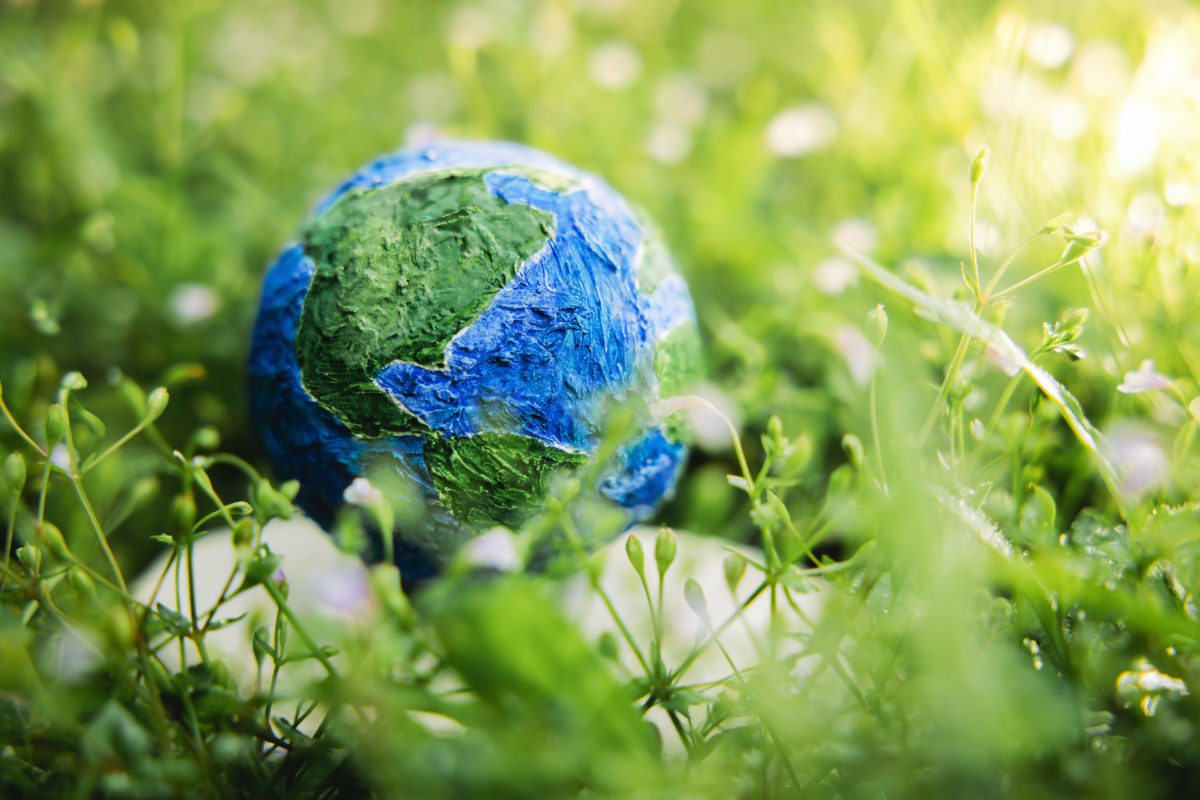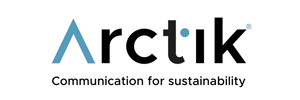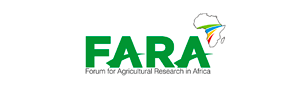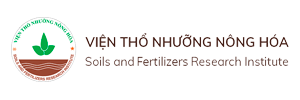What is new?
Over the next three years, ORCaSa expands the scope to include not only agricultural soil carbon but also soil carbon stored in forests, pastures, wetlands, and urban areas. Coordinated by the French National Research Institute for Agriculture, Food and the Environment (INRAE), the project is powered by Impact4Soil, a state-of-the-art platform that will collect knowledge on soil carbon and make it available to the public.
















